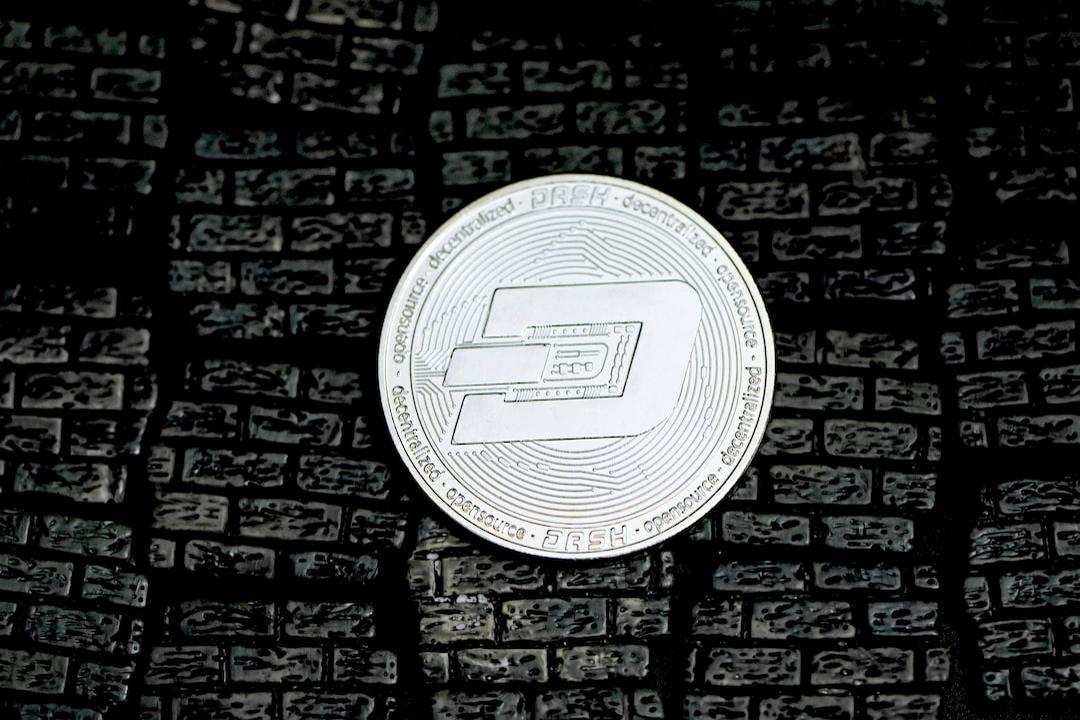YEREVAN (CoinChapter.com)
—Bitpanda received its third MiCA license on April 10, 2025, this time from Austria’s Financial Market Authority (FMA). The announcement came from Bitpanda’s official X account. The company is based in Vienna and has already secured similar licenses in Germany and Malta. These licenses are issued under the Markets in Crypto-Assets Regulation (MiCA), a European Union-wide law that came into full effect on Dec. 30, 2024.

MiCA was created to make crypto rules the same across all EU countries. According to the regulation, once a company gets a MiCA license in one EU state, it should be allowed to operate in others without needing more licenses. However, Bitpanda now holds three separate MiCA licenses. This raises questions about whether all EU countries are following MiCA in the same way.
First Approval Came from Germany BaFin
Bitpanda announced it received its first MiCA license from Germany’s BaFin on January 23, 2025. BaFin is Germany’s financial regulator. This made Bitpanda one of the first companies in the crypto sector to get licensed under the new EU regulation.
The next day, Bitpanda shared another update. This time it had secured a MiCA license from Malta’s MFSA, the financial watchdog in Malta. The company posted this announcement on LinkedIn, stating that this second license strengthens its regulatory position in Europe.

The quick back-to-back announcements—first from Germany, then Malta—made it clear that Bitpanda was not relying on a single MiCA license for EU-wide access. Even though MiCA is supposed to allow one license for the whole EU, Bitpanda continues applying in multiple countries. At the time of writing, there is no public registry from Austria FMA, Germany BaFin, or Malta MFSA listing the firms that currently hold MiCA licenses. This makes it harder to confirm how the new rules are being enforced.
Bitpanda Operates Under Multiple Entities
According to data from Austria’s FMA, Bitpanda is not registered under just one legal entity. Instead, it operates through several registered companies. These include Bitpanda Asset Management GmbH, Bitpanda GmbH, Bitpanda Payments GmbH, and Bitpanda Financial Services GmbH.

Each of these legal entities may be applying separately for a MiCA license. This could explain why Bitpanda holds licenses in different countries, even though MiCA was introduced to reduce the need for repeated applications. Still, this approach shows that the regulation is not being handled in the same way across the EU.
MiCA is supposed to make the market simpler and clearer for crypto firms by introducing the same legal rules in every EU country. The European Securities and Markets Authority (ESMA) has described MiCA as a step toward “uniform EU market rules for crypto-assets.” However, Bitpanda’s case shows that individual EU states may still be using different standards or steps when approving licenses under this law.
So far, none of the three regulators involved—Austria FMA, Germany BaFin, or Malta MFSA—have published a complete list of firms approved under MiCA. Without this information, it remains unclear how the regulation is being enforced across different countries in the EU.
